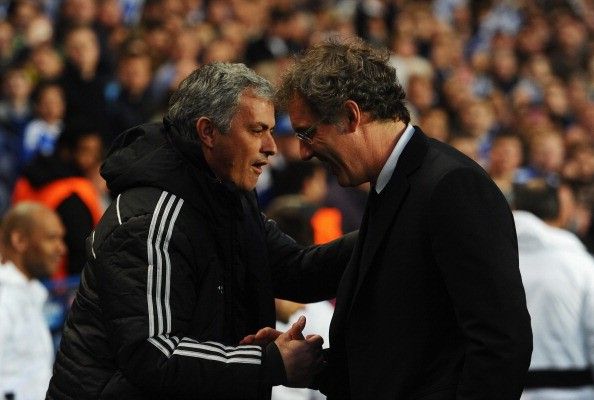
5 clubs with unique Transfer strategies
Chelsea and PSG may have spent a lot on transfers but their strategies are still a lot differentAn opportunity to gain the competitive edge over your rivals off the pitch, the transfer window can prove pivotal in a club’s success and failures. The universal cry of only buying players better than those currently at disposal is somewhat over-rated; some of the most acute acquisitions in windows gone by have come as a result of strategic thinking and buying the individuals whose careers were deemed to be brown bread. Ultimately though, every club has their own policies when it comes to buying and selling and this is what fuels the transfer window to the very end. It comes as an expectation that we will see the emergence of footballing carousels over the coming weeks, with the departures of big-name players inaugurating the inevitable domino effect; in which a club will fill the void left by the departing player with another face from a different club, which will then have to supersede that individual with someone from another side and so on. Yes, it’s complex business. However, if chairmen and executives play their cards right in the market, they can transform a club’s fortunes simply through smart investments, spending very little. Meanwhile, some powerhouses of the game look to throw money at the picture in hope of racking up trophy-after-trophy as seasons pass. Whatever scheme a football club is looking to employ, from complex algorithms to straightforward switches, they may wish to take a look at the following list of the pioneers of the market, who have laid out blueprints which get the most out of their available finances and players.
#1 PSG

Battling with mediocrity before the arrival of Qatari investor Nasser Al-Khelaïfï back in 2011, PSG’s objectives have undergone complete transformations. While the club dominate domestically, they are building to become more competitive in continental competitions. So how has this regeneration come to fruition you ask?
The French outfit have procured perhaps the most simple of all strategies on this list. The bare bones? Buy a short supply of top quality, costly players and ship out a large quantity of those who haven’t come to avail in the same window. Confused? I shall put it into context.
In the 2013/14 season, a time when the PSG powerhouse project began to gather momentum, the club invested an almighty €135.9m on just four players, including a deal in excess of €60,000,000 for Napoli forward Edinson Cavani. In stark contrast, sales were all about getting lots of faces out of the door for whatever prices possible, as thirteen team members parted company for combined sales failing to amount to €30,000,000.
To the naked eye, this policy looks rife with holes, with massive losses being made in terms of transfer fees. Look closer though and you’ll notice a large majority of the players allowed to go are approaching the end of their careers and so lay in the higher wage bracket of the squad. This flurry of departures frees up wage money to be splashed out on more affluent purchases, which will steer the club in the right direction.
Do not for a minute think that this plan has been completely infallible though. Like their English counterparts Manchester City, Paris Saint-Germain have not been in the good books of Financial Fair Play in more recent seasons, failing to strike the balance between outgoings and income. Both sides have however just recently met the regulations set out by UEFA and will be free of any fines this time around.
Despite the burdening whisper of financial restraints, PSG seem keen to continue their aggressive approach, with talks emerging that Angel Di Maria could be on his way to the French capital while Zlatan Ibrahimovic has been linked with a move to Italy’s Serie A. Once again this highlights the policy implemented by PSG, as they look to buy the cream of the crop, give them a few seasons at the top and then offload them (along with their excessive wages) to fuel a deal for Europe’s next big thing. Genius.